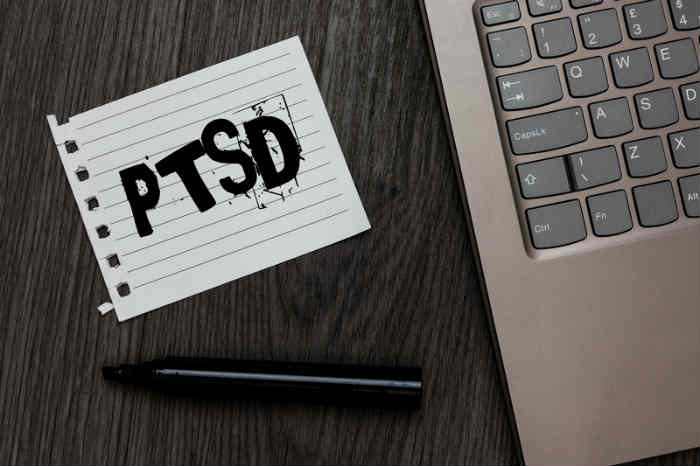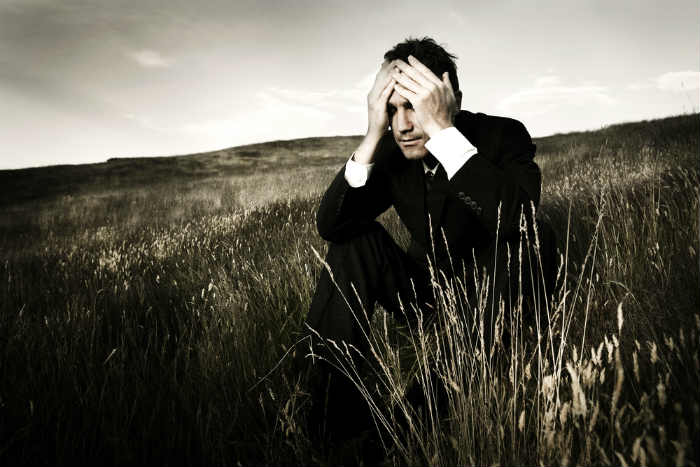

Mental health professionals frequently discuss the aftermath of terrible tragedies to help understand the impact that these events have on those who survive them. Many describe those who endure terrible, tragic things as experiencing what is often called “survivor’s guilt”, or feelings of guilt that impact the way they feel about their actions during the event, and even their own survival. There is a lot of back and forth within the mental health community about this condition and whether or not it is separate from posttraumatic stress disorder (PTSD). Survivor’s guilt was first discussed as a theory of a mental health condition in the 1960’s and has frequently been related to survivors of events such as the Holocaust, military combat, terror attacks and mass shootings, natural disasters, and many more. When this condition was first being studied, it became criteria in the Diagnostic and Statistical Manual of Mental Disorders (DSM) but was taken out in more recent editions and included as an added symptom of PTSD. Professionals do find, however, that you can experience survivor’s guilt without actually meeting the full criteria for PTSD.

Do you think you’re experiencing survivor’s guilt? Here are the common symptoms associated with this condition:
Guilt is a common response to grief, particularly when a traumatic event has occurred. So, if you relate to any of these symptoms, know that you’re not alone. Our brains are designed to help us survive both physically and emotionally, and when you experience something that puts your survival at stake, your brain is likely to spend some time trying to understand what happened, and may work diligently to try to find answers for the “how?”, “why?”, and “why me?” questions that may flood your mind. The fact is there are usually no concrete answers for these questions, which is unsettling to come to terms with. Often people can develop symptoms of depression severe and chronic mental health conditions if they are not able to work with a professional to help them through the feelings of survivor’s guilt after the event takes place.
Therapists and other mental health professionals can listen, validate, and empathize with a person who is experiencing severe symptoms of survivor’s guilt after a tragedy; they can help them to verbalize the feelings of guilt and acknowledge it allowed, discuss whether or not the guilt is rational or irrational, help them to challenge the negative thoughts that maintain their guilt, and to redirect the feelings of guilt into positive outlets such as advocacy, volunteering, or personal growth. It will also be important, not only to work on processing the guilt, but also working on managing the grief that may be resulting from losing a loved one or witnessing a death. Both of these things in congruence with one another are extremely important to work through so that these scary and traumatic events do not impact your overall health, well-being, and functioning.